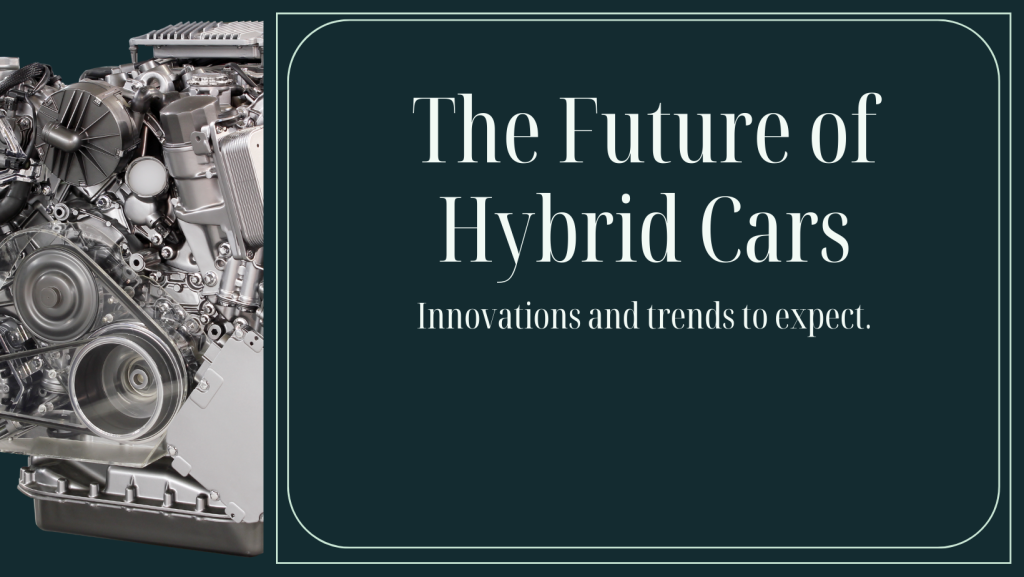As we navigate the landscape of automotive innovation in 2025, hybrid cars stand out as pioneers of sustainable mobility. From compact city cars to spacious SUVs, hybrid technology has permeated various vehicle segments, offering consumers a diverse array of options to suit their needs and preferences.
One of the most significant trends in hybrid car development is the rise of plug-in hybrid electric vehicles (PHEVs), which combine the benefits of electric propulsion with the flexibility of traditional combustion engines. PHEVs offer drivers the option to commute on electric power alone for short distances while providing extended range capabilities for longer trips, addressing range anxiety concerns that have traditionally hindered the widespread adoption of fully electric vehicles.
Additionally, advancements in autonomous driving technology are reshaping the driving experience, enhancing safety, and convenience on the road. Hybrid cars equipped with semi-autonomous features such as adaptive cruise control, lane-keeping assist, and automated parking systems are becoming increasingly common, paving the way for a future of hands-free driving.
Furthermore, manufacturers are leveraging artificial intelligence and machine learning algorithms to optimize energy management systems, ensuring efficient power distribution between the combustion engine and electric motor. This intelligent energy management not only maximizes fuel economy but also prolongs the lifespan of the vehicle’s battery pack, enhancing overall reliability and longevity.

